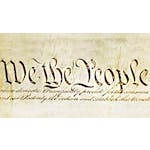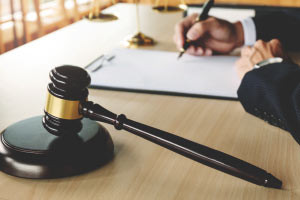Description
In this course, you will learn :
- By the end of this course, you should be able to critically engage with the Rule of Law's core requirements.
- You should be able to explain why and how the Rule of Law is best protected by the end of this course.
- You should be able to apply Rule of Law principles to everyday issues by the end of this course.
- You should be able to construct and evaluate arguments about justice by the end of this course.
Syllabus :
1. A Potted History of the Rule of Law
- Citizenship and the Rule of Law
- Background and Context
- Syllabus and Learning Objectives
- Welcome to Week 1 Introduction to the Rule of Law
- Aristotle and the Rule of Law
- Montesquieu and the Separation of Powers
- A.V. Dicey and the Rule of Law
- Lord Bingham's Conception of the Rule of Law
- What Can We Expect From the Rule of Law?
2. Judges: Independence, Tenure and Appointment
- Why are Independent Judges Important for the Rule of Law?
- A Job For Life? Security of Tenure
3. What does it mean to be equal before the law?
- Introduction to Equality
- Children
- Plessy v Ferguson, Brown v Topeka
- Practical Equality
4. Access to Justice
- Barriers to Law
- Legalese and Legal Aid
- OPTIONAL VIDEO- Five Years of Public Legal Education
- Alternative Dispute Resolution and Online Justice
- Rule of Law Implications of Artificial Intelligence
5. An International Rule of Law
- Sources of International Law
- Remedies and Complaints
- Treaty Bodies and Committees
6. Business, Human Rights and the Rule of Law
- Recent Legal Developments
- An Abridged History of Business and Human Rights
- The UN Guiding Principles on Business and Human Rights
- Questions of Regulation and the Internet Sector
- Challenges and developing practices in global supply chains








